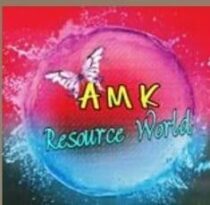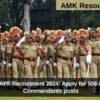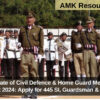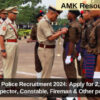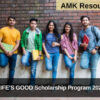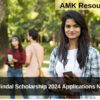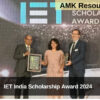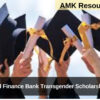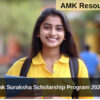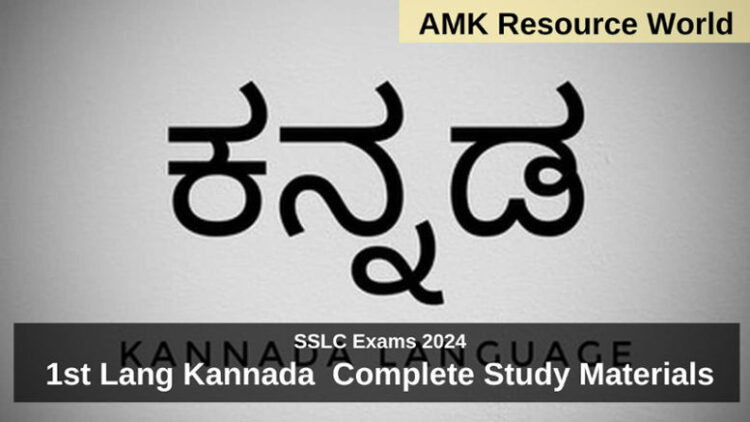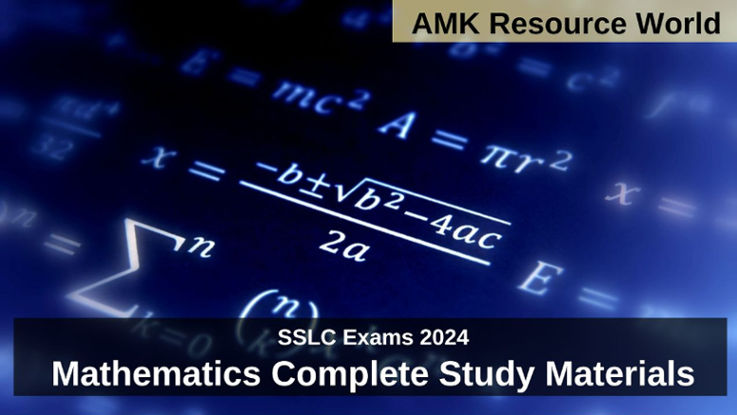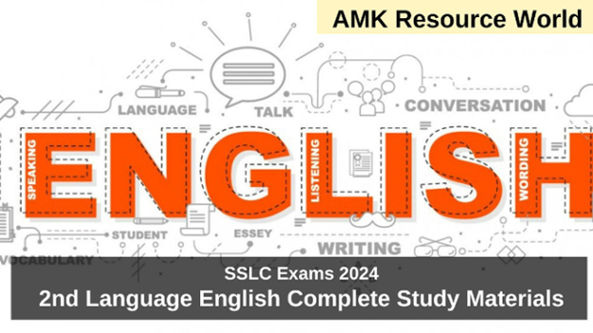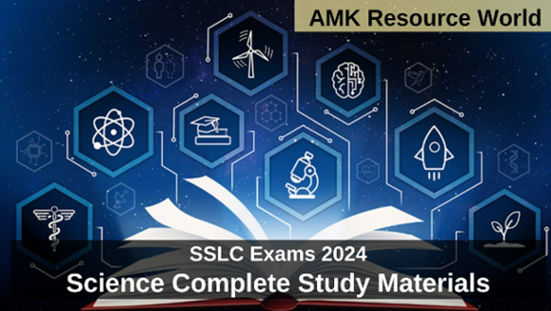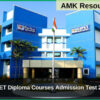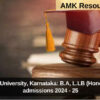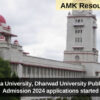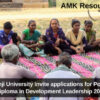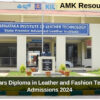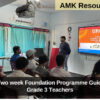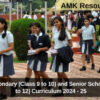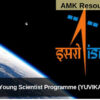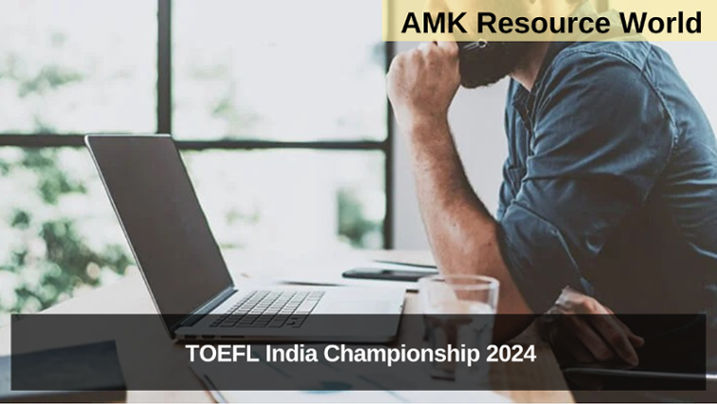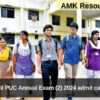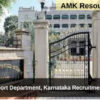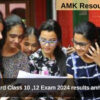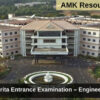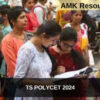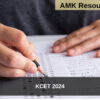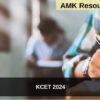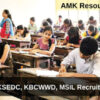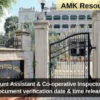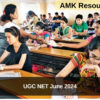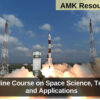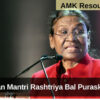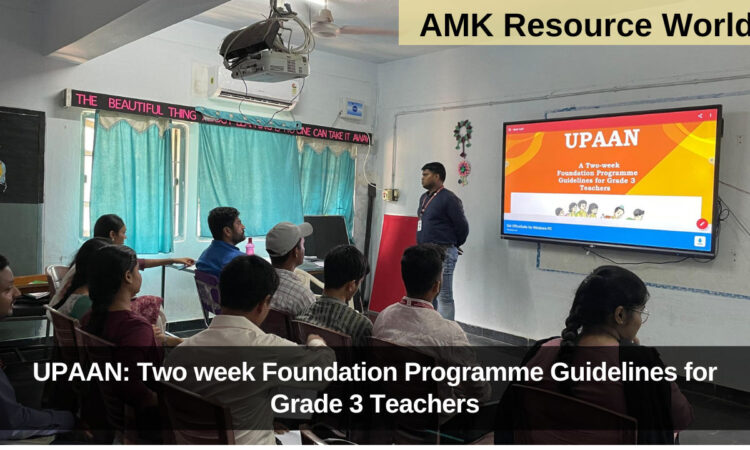ENGLISH MEDIUM |
Mathematics – Part 1
Mathematics – Part 2
Science – Part 1
Science – Part 2
Social Science – Part 1
Social Science – Part 2
Physical Education
KANNADA MEDIUM |
Mathematics – Part 1
Mathematics – Part 2
Science – Part 1
Science – Part 2
Social Science – Part 1
Social Science – Part 2
Physical Education
| EXAM HALL TECHNIQUES |
- Stop studying the Previous evening of Exam
- On waking up on exam day, relax for a while
- Get your mind off the exam
- Use the power of words
- Put yourself in empowering state
- Get organize your material
- Arrive early at Exam center, Be Calm
- Avoid too much discussion at exam center
- Before entering exam hall make sure you do not have any paper that may contain lesson notes
- Pay to Almighty and seek his help
- Scan the question paper before you proceed
- Read the instructions in question booklet clearly and enter the information asked.
- Answer easy questions first and then go for tough ones
- Allocate your time wisely for MCQ, Short answer and Essay type questions
- Read the questions critically
- Write neatly and clearly, Don’t Scribble
- Always answer the essay questions in the form of points
- Give the right amount of information required for the question
- If time permits recalculate your problems
- Avoid distracters in the Exam hall
- Drink water if you feel thirsty or tensed
- Never leave any question unanswered
- Before you submit your SSLC Exam paper, check your Register number, whether signed by Supervisor, Pages are tightly stapled and there are no other mistakes.
URDU MEDIUM |
Mathematics – Part 1
Mathematics – Part 2
Science – Part 1
Science – Part 2
Social Science – Part 1
Social Science – Part 2
Physical Education
| TIPS FOR SSLC EXAM |
DURING COVID 19
- Reach Early at Exam Centre and Go through the Procedure as prescribed by Center Staff Like Thermal Scanning and Sanitizers
- COMPULSORILY wear Mask, Don’t remove it
- Don’t Stand in Groups, Maintain SOCIAL DISTANCE
- Don’t touch anything at Exam Centre
- Know your Exam Room Number and Take your Seat
- Don’t shake hands or hug with anyone
- Don’t Spend time in discussion
- Don’t share your belongings with others
- Drink water ONLY from you Water Bottle
- If you facing any health issues , Kindly inform the Staff at Exam Centre
- After Exams don’t stand in groups and discuss about Exam Paper
- If travelling in Public Transport Maintain Social Distance
LANGUAGES – ALL MEDIUMS |
| 1st LANGUAGE |
Kannada
Urdu
English – Part 1 / Part 2
Sanskrit
| 2nd LANGUAGE |
English
Kannada
| 3rd LANGUAGE |
Hindi
English
Kannada
Urdu
| WHY NEED TEXT BOOKS? |
One of the Best Reference Book and guide for Exams are Text Books, The text books help us to navigate the syllabus in Every Chapter and Design the Synopsis for Preparation, Even the Question paper setters for SSLC Board Exams utilize the text books as the base for reference and design Question Paper according to the syllabus given in text book,
The Text books gives gist of Content one needs to Prepare and at the end of Every Chapter students get Exercise Question which are based on that particular chapter, Text books Guide both the teacher and Students in Particular curriculum and help to design studies with aim to be successful in upcoming Board Exams, Text books contains only those contents which a student should learn, they give a clear picture to the teacher and students when and which content to be covered, it is free of any glitches like spelling errors and so, We can say they are the best teaching aids for the teachers to make teaching effective, Students are provided with all medium and all subjects text books here, Get those Downloaded and Start your preparations Now
| GIST OF TEXT BOOK |
SSLC Social Science Syllabus : History (Summative Assessment 1)
Advent of Europeans to India : As you know that trade relations between India and Europe are from Ancient times, they had been demand for There was demand for Indian spices like pepper, cardamom, ginger and many other spices in Europe, The trade and commerce between Asia and Europe was taking place through the city of Constantinople. Vasco da Gama, a Portuguese sailor reached Kappadu near Calicut on the West coast of India in 1498 Portuguese were the first to re-establish trade between India and Europe, In this Chapter you study about European trade Companies like Portugese, Dutch, French, British (How they came to India)
In the same chapter you need to learn about the Competition between French and British for trade supremacy that led to three Carnatic Wars (First, Second, Third), continuation of the Chapter you study about How British established in India and study about Battle of Plassey and Battle of Buxar
The Extension of the British Rule : As you know that through Carnatic wars the English had made other Europeans countries not to challenge them in India. They gained complete political control over Bengal through Plassey and Buxar battles, In this chapter you study about Anglo – Maratha wars, Lord Wellesley and Conditions of Subsidiary Alliance, How British Consolidated their Supremacy, Anglo Sikh Wars, Dalhousie and the Doctrine of Lapse
The Impact Of British Rule In India : As you know that The British East India Company started as a trade company to fulfill its need and later on observing the political disparities in India wherein hundreds of ruling dynasties were competing with each other, the British thought of exploiting the situation to Extend their political consolidation, In this Chapter you study about Administrative, Judicial, Military System established by Britishers, In the same Chapter you need to study Land Tax Policies (Permanent Zamindar System, Mahalwari System, Ryotwari System) What was the Impact of Impact of British Land Tax system, Modern Education and its impact in India, Constitutional Developments made by Bristish like (Regulating act, Pitts India Act, charter Acts, British Government acts, Indian Government acts, Indian Council Acts, Government of India Act)
Opposition to British Rule In Karnataka : As you already know that British established political supremacy during the latter part of 18th century, and they exploited the people in agriculture and trade in order to protect their own interests, . As a result, rebellions against the British arised in most of the Karnataka, In this Chapter you study about how Hyder Ali and Tippu Sultan opposed British supremacy and fought with bravery against them through Anglo Mysore Wars, In same chapter you learn about Dondiya Wagh, Rebellion of kittur – Brave Queen Chenamma, Sangoli Rayanna, Amara Sullya, Puttabasappa, Surapura, Venkatappa Nayaka, Veerappa of Koppal, Bedas of Halagali
Social and Religious Reform Movements : As you know that Social Reform is an attempt to reform a society against the practices discrimination among its members. Many Indians like Raja Ram Mohan Roy, Dyananda Saraswathi, Ranade, Jyothiba Phule, Swami Vivekananda, Annie Besant, Sir Syed Ahamed Khan, Periyar, Narayanaguru started understanding the Indian tradition in new perspective, In the same chapter you study about important aspects, aims of Brahmo Samaj, Young Bengal Movement, Arya Samaja, Prathana Samaj, Sathya Shodhak Samaj, Aligarh Reformation Movement, Ramakrishna Mission, Theosophical Society, Sri Narayana Dharma ParipalanaYogam, Periyar
The First War of Indian Independence (1857) : As you have read that In order to extend their rule over India, the British brought in policies like Subsidiary Alliance and Doctrine of Lapse. As a result of it numerous states became part of the British Empire, In this chapter you study about Political, Economic, Administrative, Military, Immediate Reasons for the First Indian Freedom Struggle, In same Cahoter you study about Sepoy Mutiny – Spread, Reasons for it and Results
Keep visiting for more Updates
